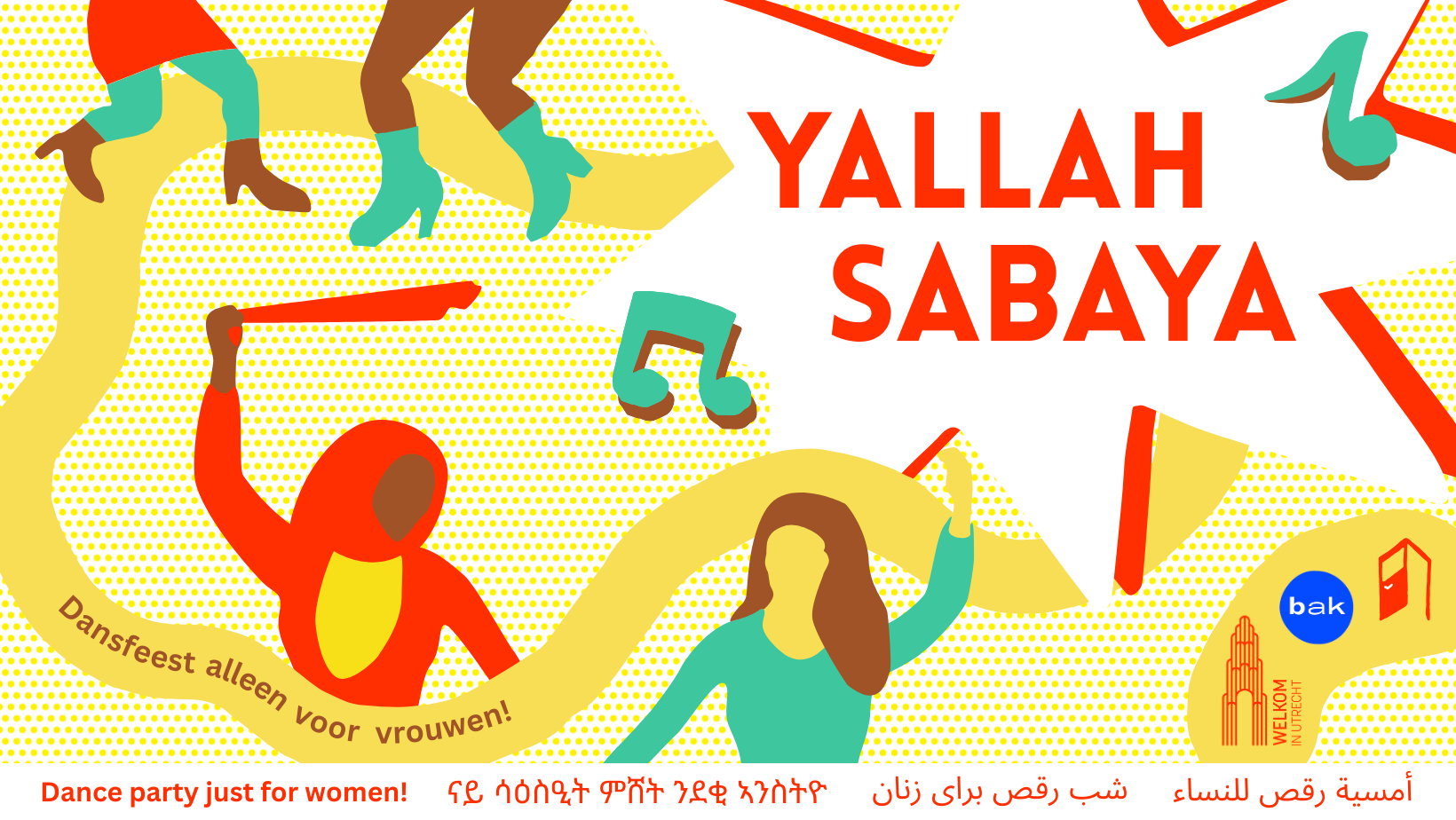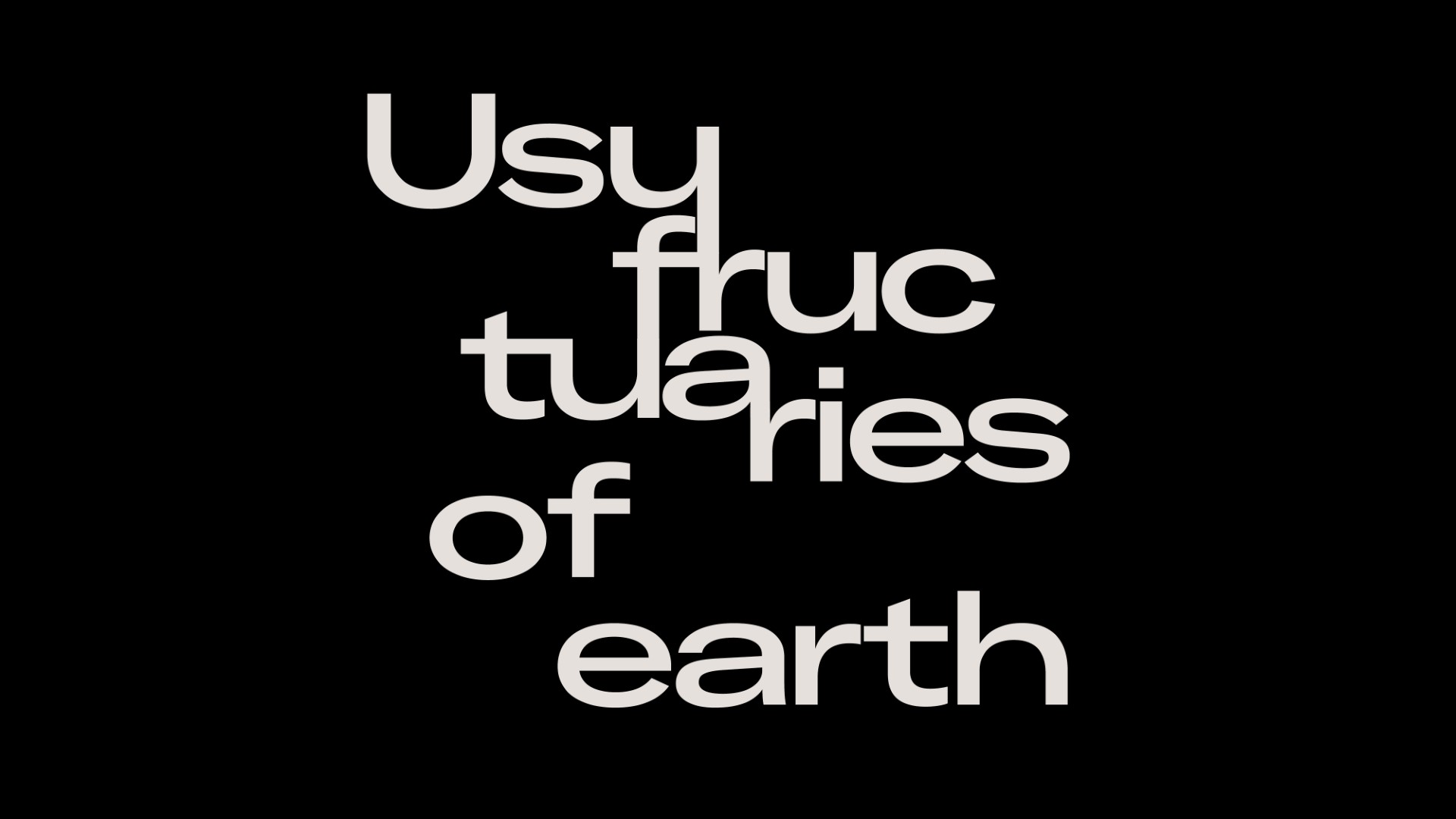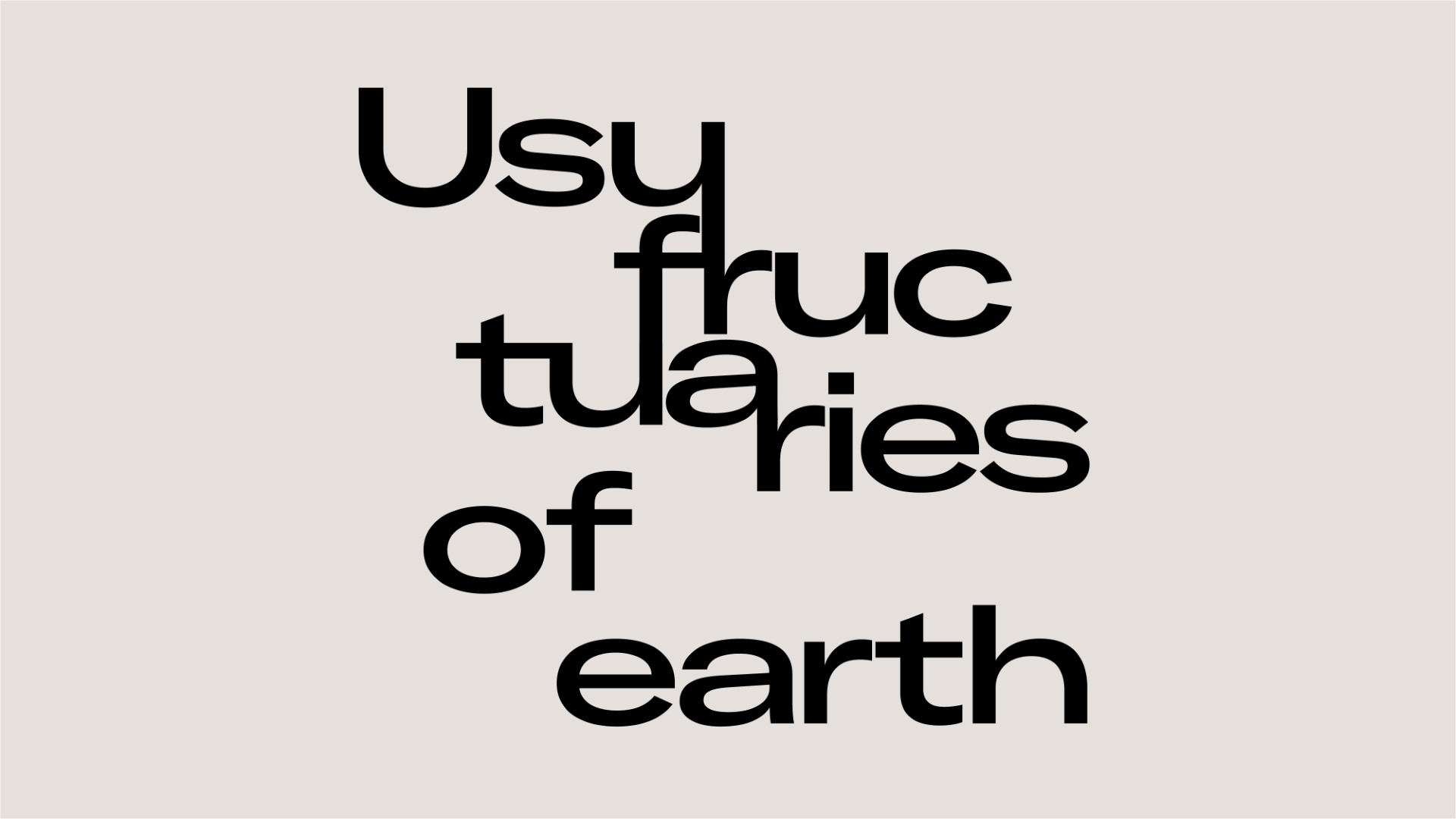Posthuman Glossary
BAK, basis voor actuele kunst, Utrecht organizes the series of presentations, conversations, seminars, and workshops Posthuman Glossary. The series takes place in the form of intensive two-day gatherings with artists, scholars, and activists around the critical issues of posthumanity in present-day artistic and intellectual work on 21–22 May, 28–29 May, 11–12 June, and 18–19 June 2015. Posthuman Glossary is a part of BAK’s research program Future Vocabularies (2014–2016) and its chapter Human-Inhuman-Posthuman, which is developed in dialogue with BAK Research Fellow Professor Rosi Braidotti and organized in collaboration with the Centre for the Humanities, Utrecht University, Utrecht. The series leads to the publishing of the Posthuman Glossary in 2016, edited by Braidotti and BAK’s Artistic Director Maria Hlavajova.
If art, science, and the humanities have shared one thing, it was their common engagement with constructions and representations of the human at the center of their respective realms, as well as their mutual exploration into how people process, document, and analyze their human experiences. Under the pressure of contemporary concerns, however—such as the neoliberal economics of global capitalism, migration, advanced technological developments, environmental destruction on a mass scale, the perpetual war on terror, and extensive security systems, to name but a few significant markers of our time—the concept of the human as we had previously known it has undergone dramatic transformations. We take this development to mark a “posthuman condition” that combines exciting new developments with a troublesome reiteration of old, unresolved problems. Given this context, what are the interconnections between theory and artistic and curatorial practice? What kind of research is artistic research? What are its assumed subjects and presumed object-matters? In an era increasingly defined by the vitality of non-human agency, what new entanglements are emerging between theory, science, and the arts? What methodological and political alliances might we envision in order to co-create conceptual and experimental terminologies pertinent to the complexity of our times?
Contributing speakers include: Matthew Fuller (member of artist group I/O/D and Professor of Digital Media at the Centre for Cultural Studies, Goldsmiths College, University of London, London), Timotheus Vermeulen (Professor of Literary and Cultural Studies, Radboud University, Nijmegen), Katerina Kolozova (Professor of Philosophy and Gender Studies at the Institute of Social Sciences and Humanities Research, Skopje), Erich Hörl (Professor and Chair of Media Culture at the Institute of Culture and Aesthetics of Digital Media, Leuphana Universität Lüneburg, Lüneburg), Rosi Braidotti (Distinguished University Professor and Director of the Centre for the Humanities, Utrecht University, Utrecht) and Rick Dolphijn (Assistant Professor at the Department of Languages, Literature and Communication, Utrecht University, Utrecht).
Program
Lecture
21.–22.05.2015
Anthropocene/Capitalocene
Lecture
28.–29.05.2015
Eco-Sophies
Lecture
11.–12.06.2015
Digital Activism
Lecture
18.–19.06.2015
Algorithmic Cultures and Security



